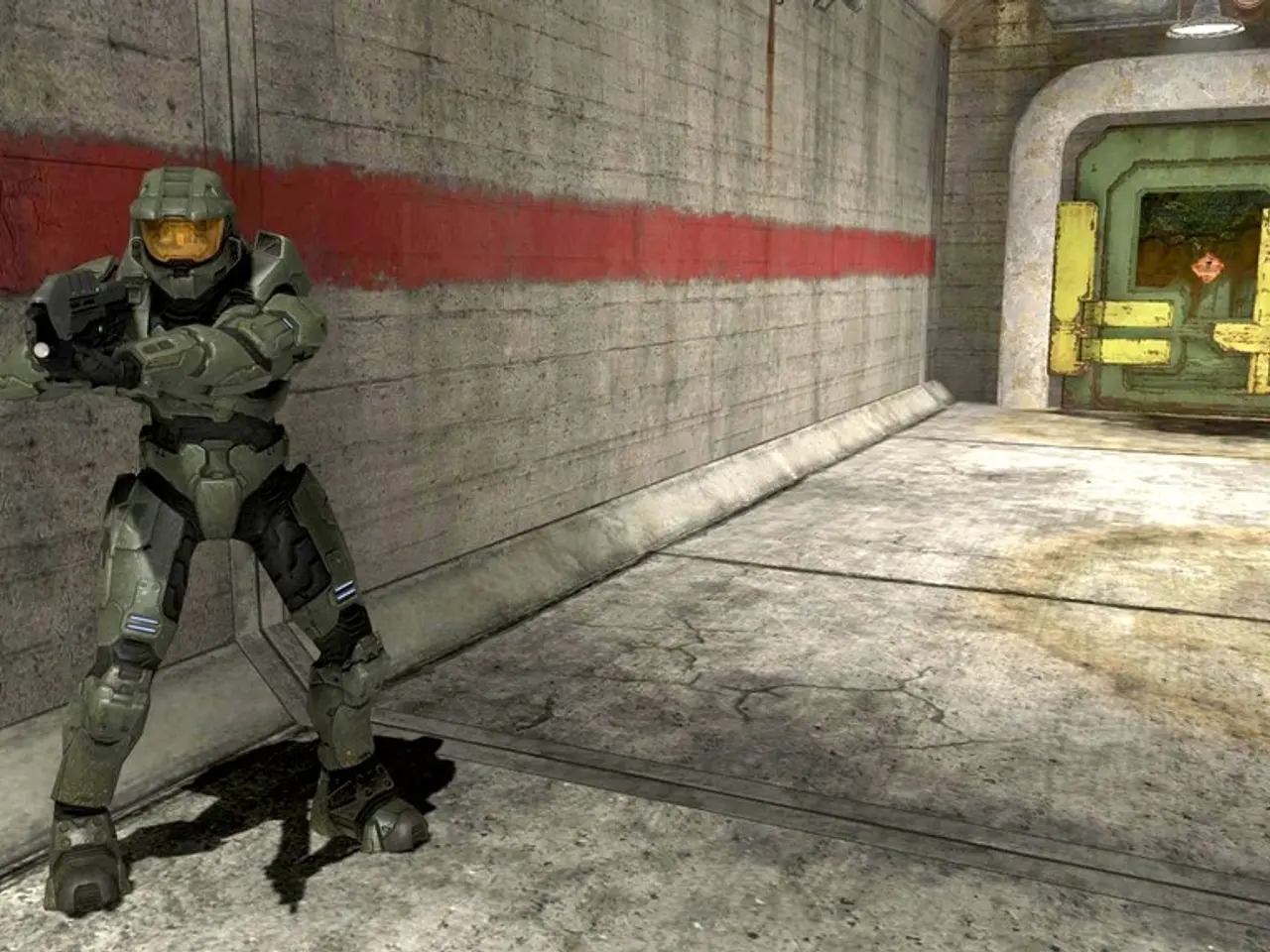Future Strategies for Battlefield America: Insights from Israel's Advanced Military Techniques
In recent years, a growing concern has emerged regarding the influence of Israeli surveillance and policing technologies on the United States. This influence, manifested through bilateral defense agreements, joint military exercises, and training programmes, has raised questions about the erosion of civil liberties and privacy.
Israel, known for its advanced military and technological capabilities, has been using AI surveillance and predictive policing systems in Palestinian territories. Palestinians are subjected to facial recognition scans at checkpoints, and a colour-coded mechanism dictates who should be allowed to proceed, questioned further, or detained. This system, while designed for security purposes, has raised concerns about potential misuse and the infringement of human rights.
The similarities between the United States and an occupied territory, as highlighted in John Whitehead's book "Battlefield America: The War on the American People," and its fictional counterpart, "The Erik Blair Diaries," have become increasingly apparent. Drones, now capable of capturing facial expressions hundreds of feet below and equipped with automatic weapons, grenade launchers, tear gas, and tasers, are just one example of the sophisticated military technology being employed.
The NYPD and American law enforcement officers frequently travel to Israel for training, a practice that has been ongoing since the wake of 9/11. This training has resulted in the implementation of counterterrorism programs that follow the Israeli model, leading to practices of invasive surveillance, racial profiling, and repressive force in the U.S.
Israel's influence extends beyond its military tactics. The country is one of the largest developers and exporters of military weapons and technologies of oppression worldwide. Technologies such as predictive policing, aerial surveillance, AI-powered facial recognition, and biometric programs are widely used in Israel. The use of these technologies has significant implications for civil liberties and privacy around the world.
The FBI and NYPD have received surveillance technology from Israel, including the invasive spyware Pegasus, a favourite tool of oppressive regimes globally. The electronic concentration camp being erected around us, reminiscent of Israel's erection of the world's first open-air prison in Palestine, is a stark reminder of the potential consequences of this technological and military influence.
The U.S. has provided hundreds of billions of dollars in foreign aid to Israel, making it a significant benefactor. This aid, while intended for support, has also facilitated the transfer of these advanced technologies and techniques.
As we move forward, it is crucial to address these concerns and ensure that the pursuit of security does not come at the expense of our civil liberties and privacy. The American Police State, as some have termed it, is taking its cues from Israel, with Israel's military influence, technological advancements, and demand for compliance pushing us towards a world in chains. It is essential to foster a dialogue about the ethical implications of these technologies and to work towards a future where security and freedom can coexist.
Read also:
- Nightly sweat episodes linked to GERD: Crucial insights explained
- Antitussives: List of Examples, Functions, Adverse Reactions, and Additional Details
- Asthma Diagnosis: Exploring FeNO Tests and Related Treatments
- Unfortunate Financial Disarray for a Family from California After an Expensive Emergency Room Visit with Their Burned Infant








